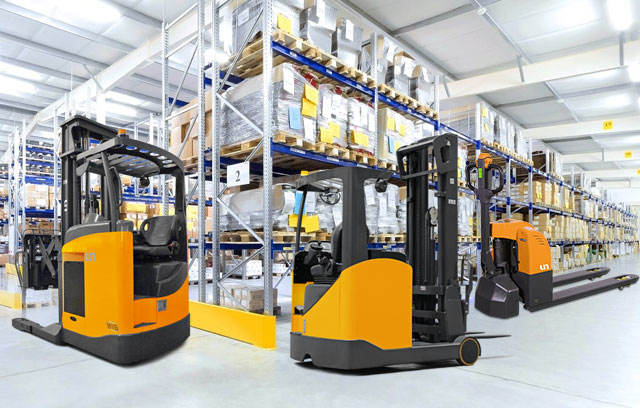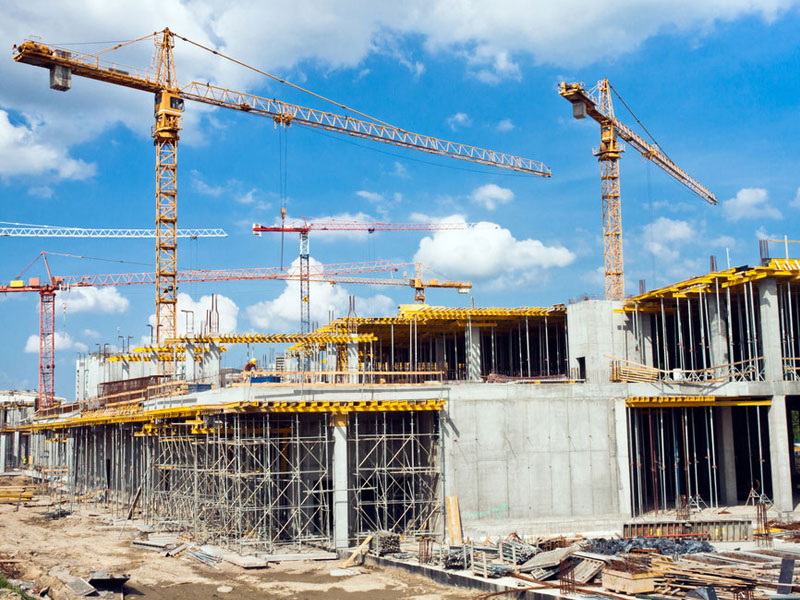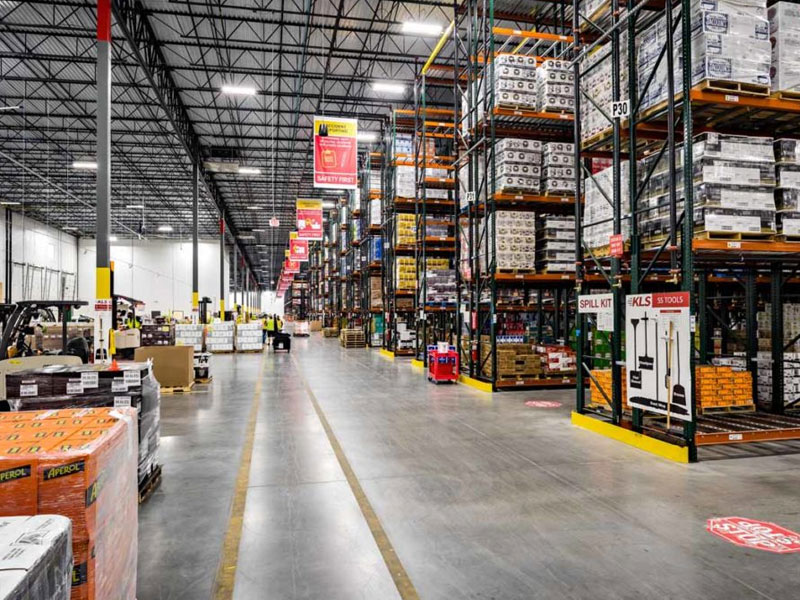The landscape of material handling and warehouse operations is rapidly evolving, driven by a combination of technological advancements, sustainability goals, and changing market dynamics. As one of the pivotal players in this transformation, electric forklifts are poised to shape the future of industrial logistics. Let's delve into the key trends that are set to define the trajectory of electric forklift development in the coming years.
1. Lithium-ion Power Revolution:
The adoption of lithium-ion battery technology has been a game-changer in the realm of electric forklifts. These batteries offer higher energy density, faster charging times, longer operating cycles, and reduced maintenance needs compared to traditional lead-acid batteries. As lithium-ion technology continues to evolve, electric forklifts will reap the benefits of extended runtime and shorter downtime.
2. Smart and Connected Forklifts:
The era of the Internet of Things (IoT) is infiltrating the world of forklifts. Smart forklifts equipped with sensors, telematics, and data analytics capabilities enable real-time monitoring of performance metrics, maintenance needs, and operator behavior. These insights empower businesses to optimize operations, reduce downtime, and enhance safety through predictive maintenance and performance analysis.
3. Energy Efficiency and Sustainability:
The global push for sustainability is steering the development of electric forklifts toward enhanced energy efficiency and reduced environmental impact. Manufacturers are investing in technologies that optimize energy consumption, such as regenerative braking systems and intelligent power management. Electric forklifts are becoming integral components of green logistics strategies aimed at minimizing carbon footprints.
4. Autonomous and Semi-Autonomous Operation:
Automation is a buzzword that's shaping the future of various industries, including material handling. Electric forklifts are gradually incorporating autonomous and semi-autonomous features like self-navigation, obstacle detection, and route optimization. These advancements not only increase efficiency but also contribute to workplace safety by reducing the risk of human errors.
5. Ergonomics and Operator Experience:
Forklift design is evolving to prioritize operator comfort and ergonomics. Human-centric features such as adjustable seating, intuitive controls, and enhanced visibility contribute to operator well-being and productivity. As electric forklifts become more operator-friendly, businesses can anticipate reduced fatigue and improved efficiency.
6. Modular and Customizable Designs:
Flexibility is a key driver in modern logistics. Electric forklift manufacturers are embracing modular designs that allow for easier customization based on specific industry needs. From varying load capacities to attachments catering to specific tasks, this trend ensures that electric forklifts seamlessly integrate into diverse operational environments.
The future of electric forklifts is marked by innovation, sustainability, and efficiency. As technology continues to evolve, electric forklifts will play a pivotal role in shaping the modern warehouse and logistics landscape. From harnessing the potential of lithium-ion batteries to embracing automation and connectivity, the development trends point towards a future where electric forklifts contribute to safer, green
NL Series 4.0T-mini 5.0T Li-ion Battery Forklift
The power structure is designed to adopt UN electric forklift's concept, which use full AC system, Italian imported ZAPl controller, BMS control system and high quality lithium battery.
NL Series 4.0T-mini 5.0T Li-ion Battery Forklift
The power structure is designed to adopt UN electric forklift's concept, which use full AC system, Italian imported ZAPl controller, BMS control system and high quality lithium battery.











 中文简体
中文简体 عربى
عربى Español
Español














